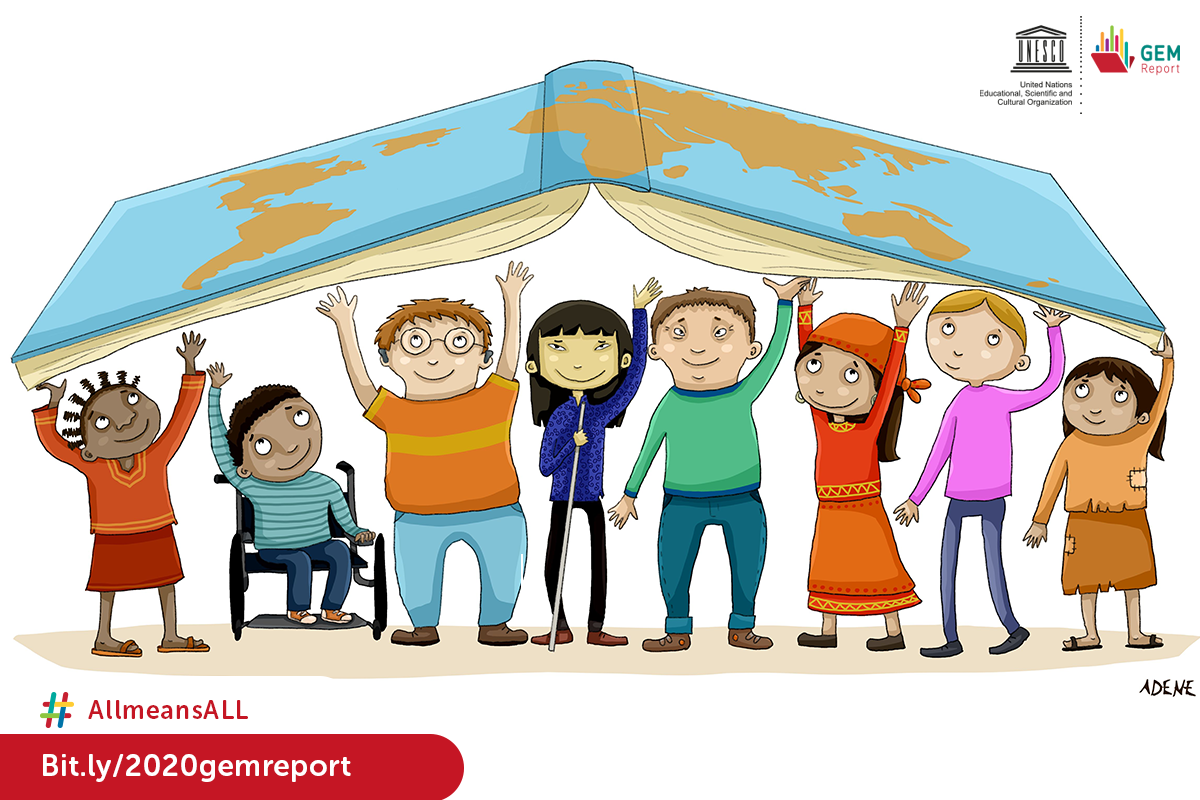A symposium exploring the continued exclusion and inequitable educational provision for children with disabilities took place online on 25–27 November.
The symposium was co-organised by the United Nations Educational, Scientific and Cultural Organization (UNESCO), the Portuguese Ministry of Education and Leonard Cheshire, a UK-based charity providing support to people with disabilities. It aimed to examine how policy and practice can fulfil the right to inclusive education for learners with disabilities.
Representatives from the United Nations, UNESCO, the Global Education Monitoring (GEM) Report, disability organisations and education ministries from around the world took part in the symposium. In an introductory session, speakers discussed Sustainable Development Goal 4 and its implementation, particularly in the context of the COVID-19 pandemic. According to the 2020 GEM Report, 40% of the poorest countries failed to support learners at risk during the COVID-19 crisis. All participants stressed the importance of teachers and parents, as well as the essential commitment of governments to improve access to education for all learners.
Further sessions explored how to build education systems back better after COVID-19. They discussed how to re-design policy and funding, and improve curriculum access by changing school policies and practice to better include learners with disabilities. There was a focus on creating safe learning environments for people with disabilities, free from bullying and violence.
The concluding session focused on the lessons to be learned from the pandemic in ensuring equitable access to education for children with disabilities. Speakers stressed the need for collective leadership and collaboration between stakeholders at all levels, from policy-makers to teachers and families. They also highlighted some of the positive stories that have come from the pandemic, such as community support.
For more details about the event and to watch video recordings of the sessions, visit the UNESCO website.
